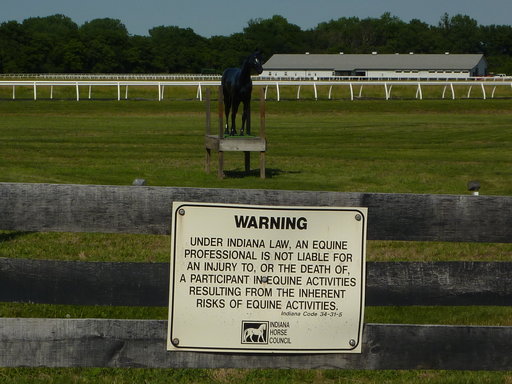Strict liability exists in both tort and criminal law.  It refers to when a defendant is in legal jeopardy by virtue of a wrongful act, without any accompanying intent or mental state.¹ Possession crimes and statutory rape are both examples of strict liability offences in criminal law.¹ There are two broader categories of activities in tort law for which a plaintif may be held stricly liable. These include the possession of certain animals and abnormally dangerous activities.¹ There is also an area in torts known as products liability. The sub-category to this, known as strict products liability, applies w hen a defective product causes injury to a plaintiff.
It refers to when a defendant is in legal jeopardy by virtue of a wrongful act, without any accompanying intent or mental state.¹ Possession crimes and statutory rape are both examples of strict liability offences in criminal law.¹ There are two broader categories of activities in tort law for which a plaintif may be held stricly liable. These include the possession of certain animals and abnormally dangerous activities.¹ There is also an area in torts known as products liability. The sub-category to this, known as strict products liability, applies w hen a defective product causes injury to a plaintiff.
In regard to strict liability, there are two different types of intent¹:
- General intent: this refers to the actual intent to perform some act, but without a wish for the consequences that result. Depending on the offense, both tort plaintiffs and criminal prosecutors may need to prove that the defendant acted with general intent.
- Specific intent: this refers to the actual intent to perform some act, along with a wish for the consequences that result from that act.
Image source:
1. Wikimedia
Reference:
1. Cornell University Law School. Strict Liability. Retrieved May 13, 2014, from http://www.law.cornell.edu/wex/strict_liability
© BrainMass Inc. brainmass.com July 26, 2024, 4:34 am ad1c9bdddf